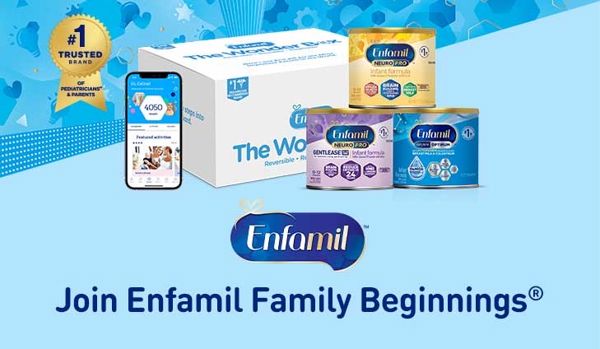When eating during pregnancy, you must get enough fats into your diet because fats impact hormones, fertility, energy levels, and cell function. Pregnant individuals must get a good balance of Omega-6 fatty acids and Omega-3 fatty acids while pregnant so that they are intaking not only “bad” fats but “good” fats too. Unlike labeling them as good and bad fats would seem, both are important for a pregnant body and need to be consumed.
Different Types of Fats
There are a few different types of fats that we intake regularly. The first type of fat is called trans fats. These fats are also known as the “bad” fats and are often found in fried food, processed food, some meats, shortening, and margarine. These fats raise the levels of bad cholesterol and lower the levels of good cholesterol, which can cause clogging of arteries, leading to strokes, heart disease, and can cause weight gain, and diabetes.
The second type of fat is known as saturated fat. Saturated fats can be “bad” if someone intakes too much of them. They are fats that are solid at room temperature and affect the body in similar ways that trans fats do. Saturated fats are found in animal protein, dairy, coconut, palm, and fried foods.
The last kind of fat is called monounsaturated or polyunsaturated fat. This type of fat is known as “good” fat. It does the opposite in the body as saturated and trans fats do. It increases the amount of good cholesterol and lowers the amount of bad cholesterol, reducing the risk of strokes, heart disease, weight gain, and diabetes. These fats are usually liquid at room temperature and can be found in avocados, olive oil, peanut oil, canola oil, nuts, and fish.
Preventing High Cholesterol
There are not usually many outward signs of high cholesterol, but cholesterol can be measured by getting a blood test. Eating a balanced diet is the best way to prevent high cholesterol during pregnancy. It is okay to have some of those trans and saturated fats, but making sure you are balancing it out with unsaturated fats is vital.
I always tell my clients to play the addition game rather than the subtraction game. If you are craving something like ice cream, pair it with something with good fats or proteins, like peanut butter, nuts, etc. You do not need to subtract because dieting while pregnant is not recommended. Instead, just add something to the foods you are eating and craving.
Another great way to balance the intake of good and bad fats is to add a fish oil supplement to your daily regimen. Not only will this give your body balance, but it can also help with perinatal and postpartum mood disorders. Fish oil is an excellent addition to someone’s daily fat intake, and sometimes the best way to guarantee you get it is through a supplement.
What Is Normal?
Remember that your cholesterol rising during pregnancy and nursing can be within the realm of normal. It is normal for cholesterol to increase for most pregnant individuals because you are making more cholesterol while nursing and pregnant. Therefore, seeing elevated cholesterol levels on a test would not be surprising. Levels between 60-100mg/dL are normal for pregnancy and nursing. Cholesterol is crucial for a baby’s development as it plays a role in brain, limb, and cellular development, as well as healthy human milk.
If your cholesterol levels are higher and you are looking for a way to reduce them without taking medications, a few tips would be to first up your intake of healthy fats, second, up your intake of fibrous foods like oats, chia seeds, whole grains, berries, fruits, dark green veggies, sweet potatoes, and beans. And lastly, get some exercise and movement in. Exercise does not have to be rigorous to do the trick. Simply walking or light jogging, swimming, yoga, or light weightlifting are enough to help fight high cholesterol. Talk to your care provider before starting a new workout routine.
Remember, if your care provider has not mentioned your cholesterol levels, you likely have nothing to worry about. Intuitive eating emphasizing balance and whole foods is the best and most efficient way to support a normal pregnancy. Listen to your body; trust it will tell you what nutrients you need. On the other hand, if your care provider raises cholesterol levels, you can make changes accordingly.







